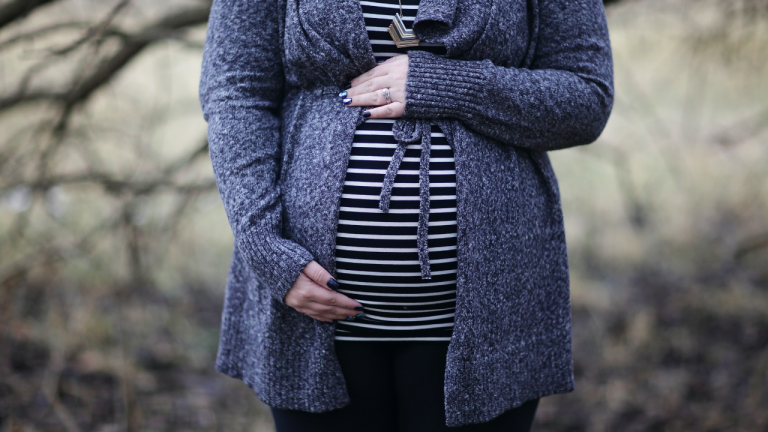Role of Nutrition in Pregnancy

Nutrition is a crucial factor during pregnancy, as it has a significant impact on both the health of the mother and the development of the fetus. Some of the key roles of nutrition during pregnancy include:
Maintaining maternal health: Proper nutrition helps to maintain the health of the mother, including supporting the growth and development of the uterus, placenta, and other tissues. It also helps to prevent malnutrition and other health problems, such as anemia, which can have negative consequences for both the mother and the baby.
Supporting fetal development: Adequate nutrition during pregnancy is essential for the proper growth and development of the fetus. For example, a sufficient intake of key nutrients, such as iron, folic acid, and calcium, is needed for the formation of the brain, bones, and other tissues.
Preventing birth defects: Proper nutrition during pregnancy can help to prevent certain birth defects, such as neural tube defects and other conditions that are related to inadequate intake of key nutrients.
Providing energy: Pregnancy requires an increased energy demand, and proper nutrition helps to meet this need, providing the energy necessary for the growth and development of the fetus and supporting the physical demands of pregnancy.
In conclusion, proper nutrition during pregnancy is crucial for the health and well-being of both the mother and the fetus, and it is important for expectant mothers to consume a balanced diet that meets their nutritional needs. This can include a variety of nutrient-dense foods, as well as prenatal vitamins, if necessary, to ensure an adequate intake of key nutrients.



